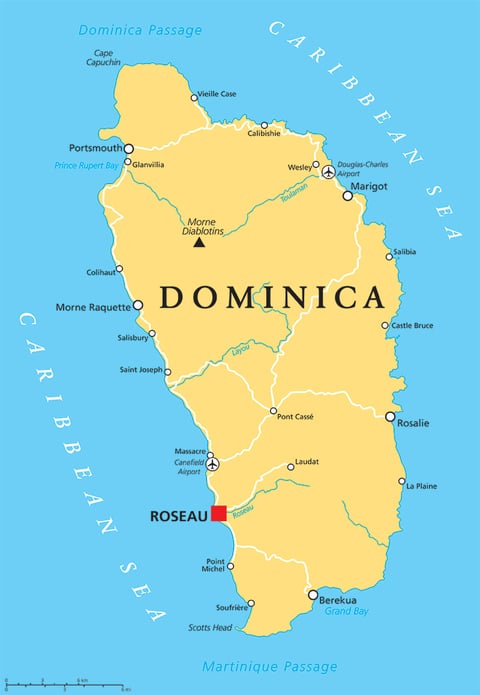Blog Post # 4 Cotton Candy vs. Little Cog-Burt
Little Cog-Burt
Little Cog-burt was
written by a female author from Dominica. “Phyllis Shand Allrey”,
who is most often perceived as a politician who subordinated her
promising career as a novelist to her trailblazing efforts to open Dominica’s
path to political democracy, rarely—if ever— does her audience think of her as
a poet. Yet her favoring of her poetry as “the
best part of me” prompts echoes about poetry’s role in her
trajectory as a writer and politician that yet invites us to read her commonly
read poems in search of her reproductions on that “best part” of her tragically
daring image.
Allfrey’s poetic legacy offers
both a rich disposition of consideration of Allfrey’s political principles and
Fabian Socialist ideals as well as a window into the poet’s personal life,
revealing, poem after poem, that “best part” of herself she claimed. Poetry was
her earliest literary pursuit, and given the difficulties she encountered in
her later years, when she lived among poverty and neglect, it was to poetry she
would return when fiction became too challenging a task amongst her struggle
for survival.
Politically, the poet that
emerges out of this collection is a confirmed anti-colonialist, who speaks in ‘Colonial Committee’ of
continued British rule as an
“adolescence too prolonged” and of the colonized as “the deeply wronged”. It is
someone who, deeply involved in the effort of helping West Indian migrants
settle in England during the World War II years. She displayed several
reflections of this while writing Little Cog-burt. Little Cog-burt was an
illustration of her heartfelt weights that she wore on the cuffs of her sleeve
in being a spokeswoman for those who were subjected to discrimination, slavery
& social injustice. She spoke for the disadvantages and underprivileged
naturally due to the pigmentation of skin, hierarchy of status or grading of class
in societal climates.
Cotton Candy
Cotton Candy was also written by a Caribbean female poet.
Dora Alonso, who was born in Cuba.
Dora Alonso
was born Doralina de la Caridad Alonso-Perez on December 22, 1910 in
Maximo Gomez, Matanzas, Cuba. Dora was a Cuban journalist and writer who worked
in both print and radio. She wrote novels, short stories, poetry, theater and
children's literature. She was also a radio and television script writer and a war
correspondent.
References:







Comments
Post a Comment